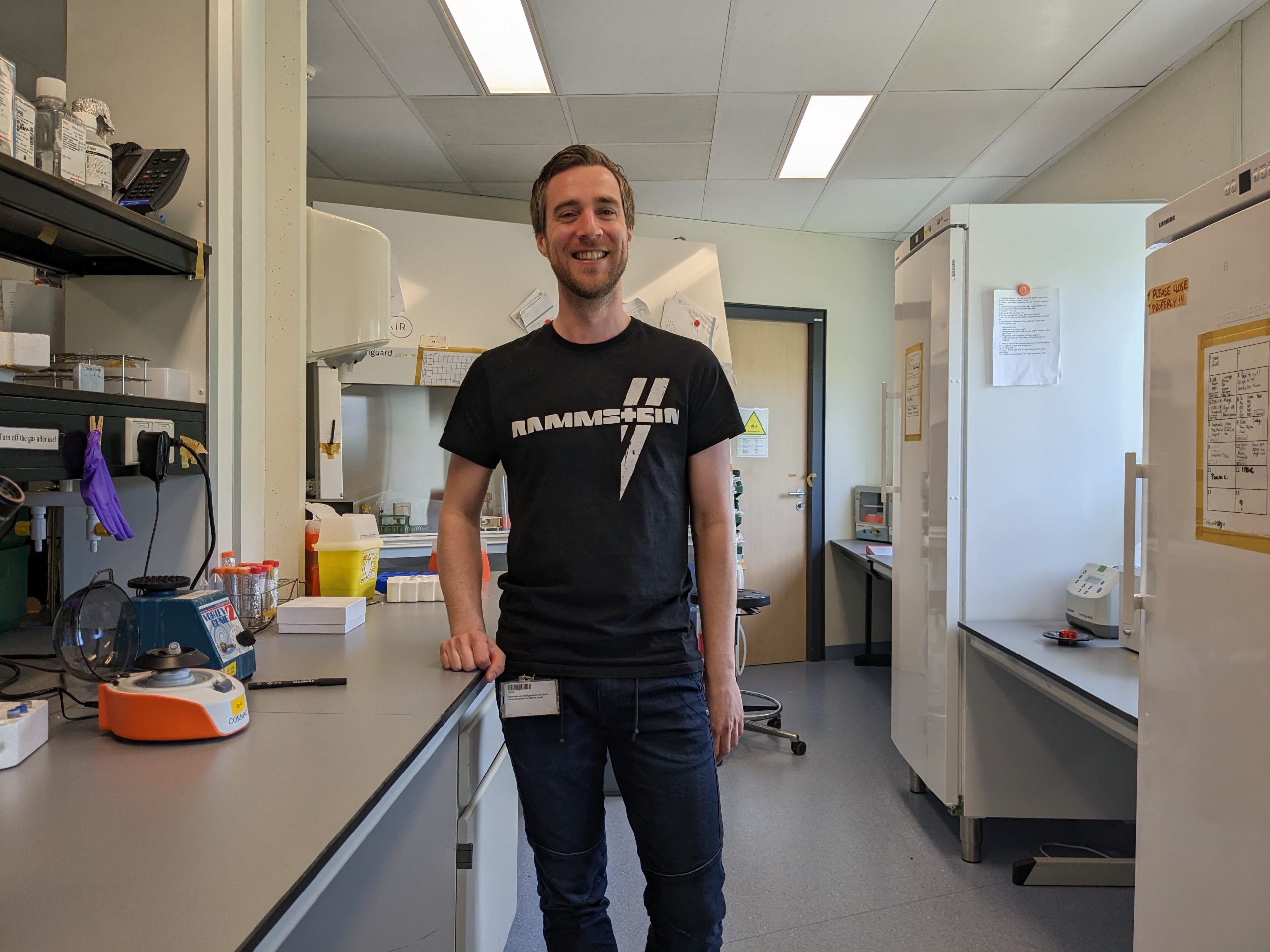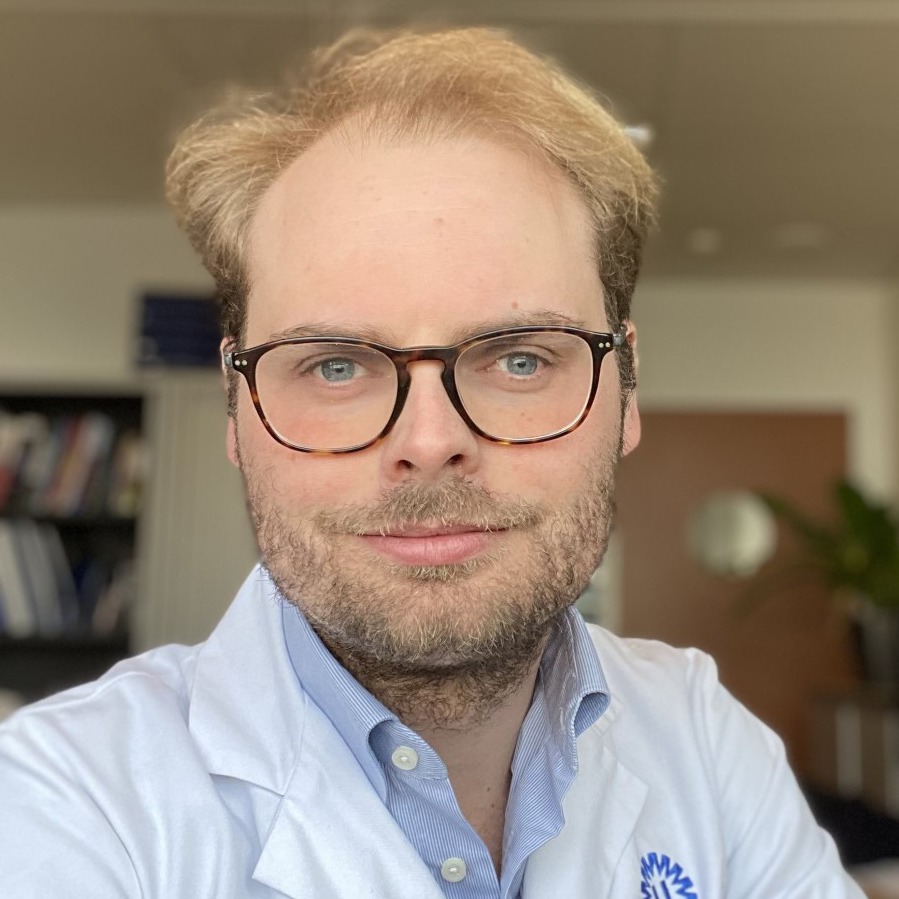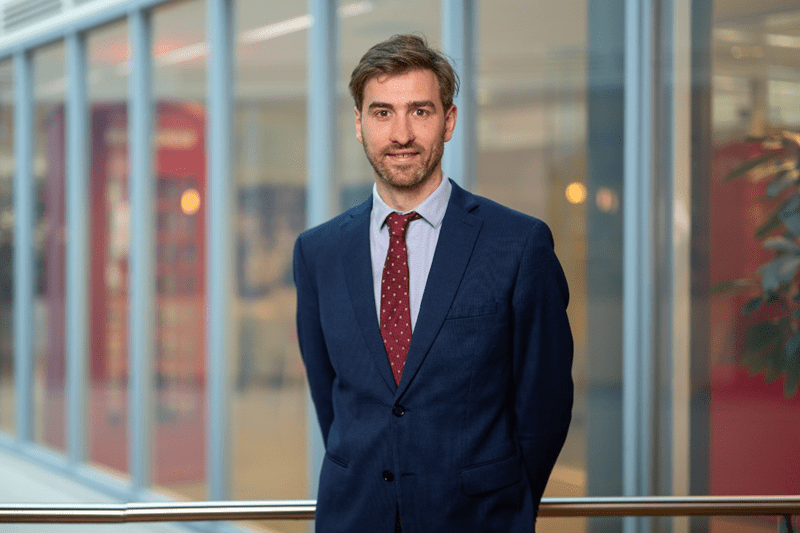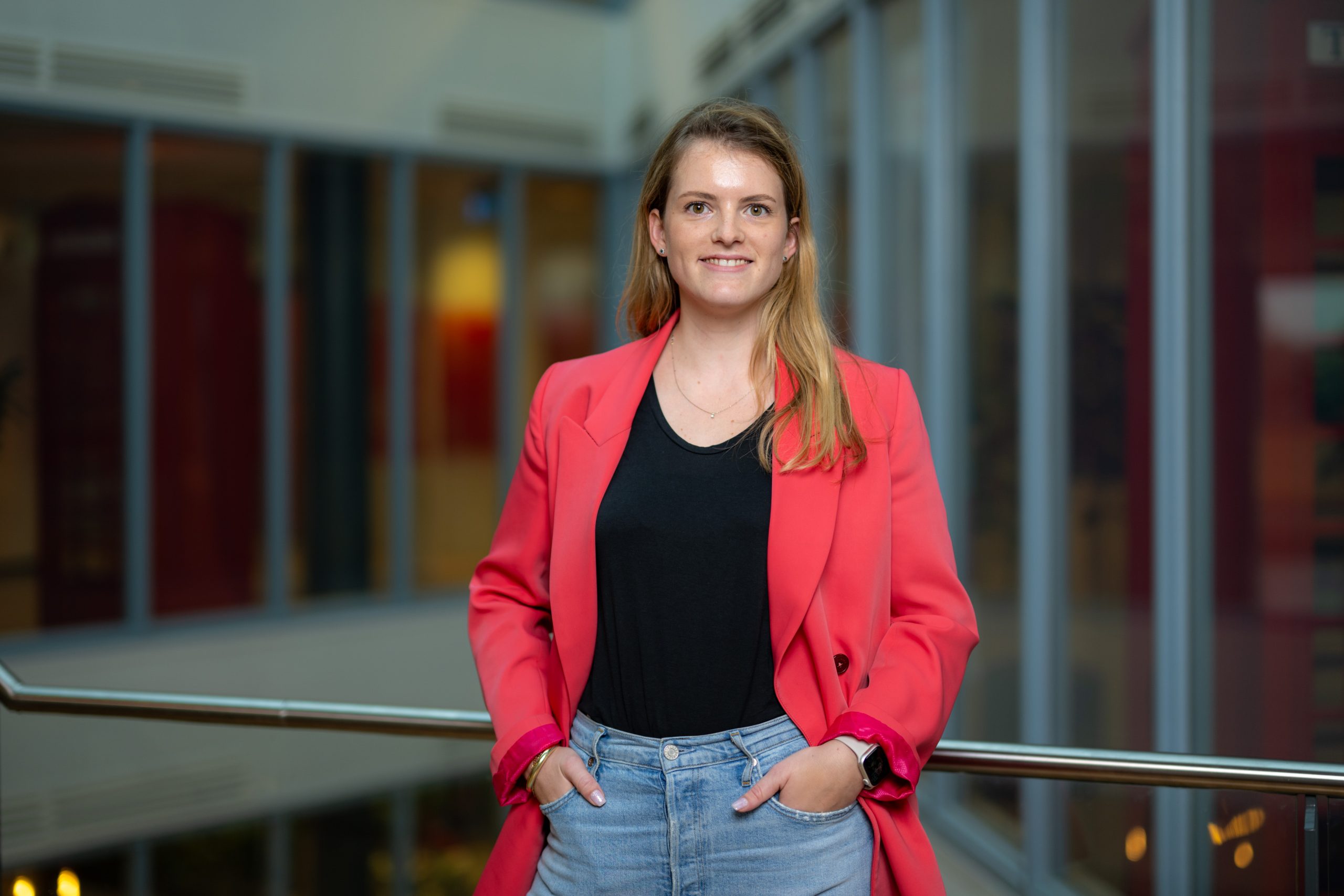How can we make more accurate predictions about cardiovascular diseases? What role does the adrenal gland play in hormonal imbalances? And can cost-awareness help healthcare providers make better decisions? Four young researchers from UMC Utrecht have received a Veni grant from the Dutch Research Council (NWO) to address these and other questions.
The Veni is one of three grants within the NWO Talent Programme, aimed at researchers who have recently obtained their PhD. It gives them the opportunity to develop their own research agenda over the next three years. This grant demonstrates that these researchers are ready to make a difference in patient care and health with their innovative research.
The four research projects align with UMC Utrecht’s strategic themes, including Cancer and Circulatory Health.
Adrenocortical organoids as human endocrinology avatars
The adrenal gland is a small but vital organ that produces hormones essential for regulating stress responses, metabolism, blood pressure, and sexual development. These hormones are produced in the adrenal cortex, a layered structure with three zones, each responsible for specific steroid hormones: aldosterone, cortisol, and sex hormones. To maintain proper hormone balance, cells in the cortex shift their identity as they migrate through these zones: a dynamic process that remains poorly understood in humans.
Current knowledge is largely based on animal models, which do not fully capture human adrenal biology. Rodents, for example, lack one of the three zones and cannot produce cortisol. This project addresses that gap by developing the first in vitro model of the healthy human adrenal cortex using organoid technology. Organoids are lab-grown mini-organs that mimic the structure and function of real tissues.
By cultivating human adrenal organoids from donated surgical tissue, this research will allow precise investigation into how hormones are produced and how cells transition between different adrenal states. Advanced techniques such as genetic editing, molecular profiling, and spatial transcriptomics will help uncover the signalling pathways and molecular regulators involved.
Understanding these mechanisms is crucial not only for advancing fundamental endocrinology, but also for improving diagnostics and treatments for hormone-related disorders like Cushing syndrome and congenital adrenal hyperplasia. In the long term, this research could contribute to personalised medicine, targeted therapies, and earlier detection of adrenal cancer, offering significant benefits to both science and society.
Should a doctor know what health care costs?
Costs for prescription medication are high, but Dutch doctors are often not aware what drugs actually costs. Which reason do doctors have when choosing a drug, and can healthcare become better and more sustainable if doctors actually know the price of the medication they prescribe?
Fair and accurate CVD-prevention by incorporating ethnicity and socioeconomic factors into risk models
Currently, healthcare providers use prediction models to determine who might benefit from preventive treatments, but these models are not equally accurate for everyone. They often underestimate the risk for ethnic minorities and people with a lower socioeconomic status, resulting in these groups being unjustly excluded from preventive treatments. This increases health disparities between certain ethnic and socioeconomic groups in the Netherlands. My research will improve these models by using advanced statistical methods and large, diverse Dutch datasets. This will enable healthcare providers to make fairer and more accurate predictions about cardiovascular diseases. Additionally, my research focuses on identifying the causes of current health disparities, allowing further efforts to reduce these disparities to be effectively targeted.
Right heart failure after receiving a left ventricular assist device: understanding, prediction and early detection
Right heart failure is a common complication after implantation of a left ventricular assist device (LVAD) in end-stage heart failure patients, resulting in prolonged hospital stays and increased mortality. The aim of this study is to better understand, predict and detect right heart failure after LVAD implantation through detailed analyses of right heart function, right heart tissue, and inflammation. This study will provide tools to improve patient selection for LVADs and enable timely intervention, ultimately leading to better care and outcomes for heart failure patients.
With these Veni grants, young researchers are given the opportunity to explore innovative ideas. They are working on solutions that contribute to better and fairer healthcare.
Want to learn more about how we are advancing healthcare at UMC Utrecht? Visit research.umcutrecht.nl for our spearheads and research programs.




